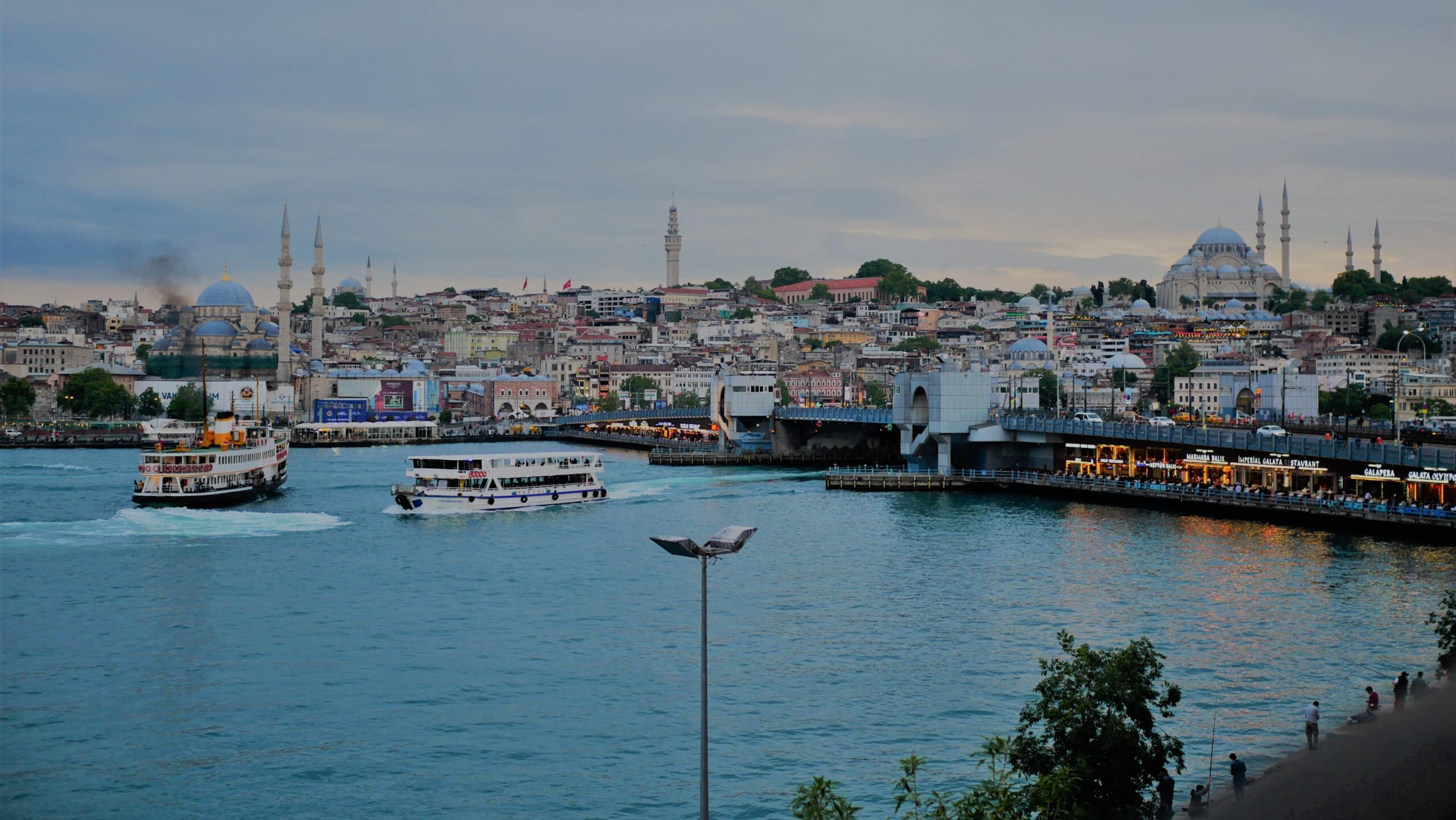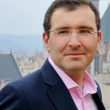Course objectives and programmatic details:
EUROPEAN CULTURAL HERITAGE – PEDAGOGY OF CULTURE

COURSE OVERVIEW
Europe’s cultural heritage is a rich and diverse mosaic of cultural and creative expression inherited from previous generations of Europeans and a legacy that we will pass on to future generations. It includes natural and archaeological sites, museums, monuments, works of art, historic cities, literary, musical and audiovisual works, as well as knowledge, customs and traditions of EU residents. Cultural heritage enriches citizens’ lives, is a driving force for the cultural and creative sectors and plays a role in creating and developing Europe’s social capital. It is also an important resource for economic growth, employment and social cohesion offering the potential for urban and rural revitalization and sustainable tourism promotion. An educator should know well enough the history of culture, recognize contradictory visions of the world and man existing in it and be able to enter into critical dialogue with them, looking at them first of all in terms of their compatibility with the reality and the consequences they lead to when they gain the rank of principles of human cultural action. (J. Torowska, Edukacja na rzecz dziedzictwa kulturowego. Aspekty teoretyczne i praktyczne, Cracow, 2008). An important role in this process is played by cultural heritage education that falls within the framework of cultural pedagogy (see, for example, J. Gajda, Pedagogika kultury w zarysie, Cracow, 2006).
Depending on the group’s experience, expectations and background, the program will include the following modules:
- 1. Defining “cultural heritage”
- 2. Architecture, painting, sculpture and urban planning (selected examples)
- 3. Literature and its European canon, drama and theater, music (selected examples)
- 4. Heritage Interpretation and pedagogy of culture
- 5. Cultural heritage education – lesson scenarios
The selection of examples and class topics depends on where the course is organized (Athens, Istanbul, Cracow). At all locations participants are accompanied by a local guide, a cultural heritage expert.
Key competences acquired by participants
The aim of the course is to familiarize participants – teachers, educators of formal and non-formal education with the European cultural heritage in the field of high, elite culture. The areas that will be discussed are European art: architecture, painting, sculpture and urbanism, literature and its European canon, drama and theater, music. The course will present selected elements of the vast heritage of European culture to illustrate the discussion about pedagogical approaches to the presentation of European culture. Workshop sessions will be held alternately with study visits to heritage sites. The course also aims, in addition to introducing basic terminology related to cultural heritage education, to equip participants with a set of practical tools for use with students – a combination of theory and practical activities.
When is the next Course and how do I apply?
Target groups: Teachers, (especially history, literature, humanities, etc.), educators, youth workers, trainers, coaches, therapists, guides, mentors, counselors, cultural sector workers.
Dates:
Kraków 2024: 26.05-1.06, 23-29.06, 7-13.07, 13-20.07, 06-12 October,
10-16 November (in Istanbul),
27.4-3.5.2025 (Istanbul, Kraków), 29.06-05.07.2025 (Kraków)
Fee:
560 € – Learn more about the costs
Location:
Istanbul (Turkyie), Kraków (Poland)
Social programme:
The social programme activities are included within your course fees!
NEED MORE INFORMATIONS?
A few words about course co-ordinator

Dr Piotr Uhma
Piotr Uhma serves as an Assistant Professor in international law at the Institute of Law, Administration and Economics, Pedagogical University of Krakow, Poland. He is the founder and President of the European Institute Pro Futuro Europae, and has led over a few dozen trainings on youth participation, democratic citizenship, soft skills and IT tools in education. He performed various consultancy and public speaking assignments in places such as Prague, Sydney, Jakarta, Strasbourg, Vienna, Amman, Nairobi, Denver, Seoul Jerusalem and Pamplona.
